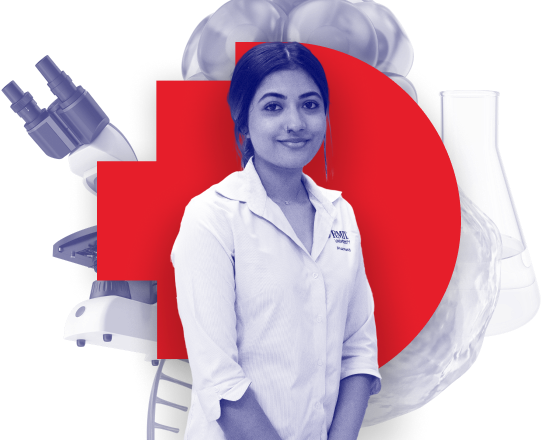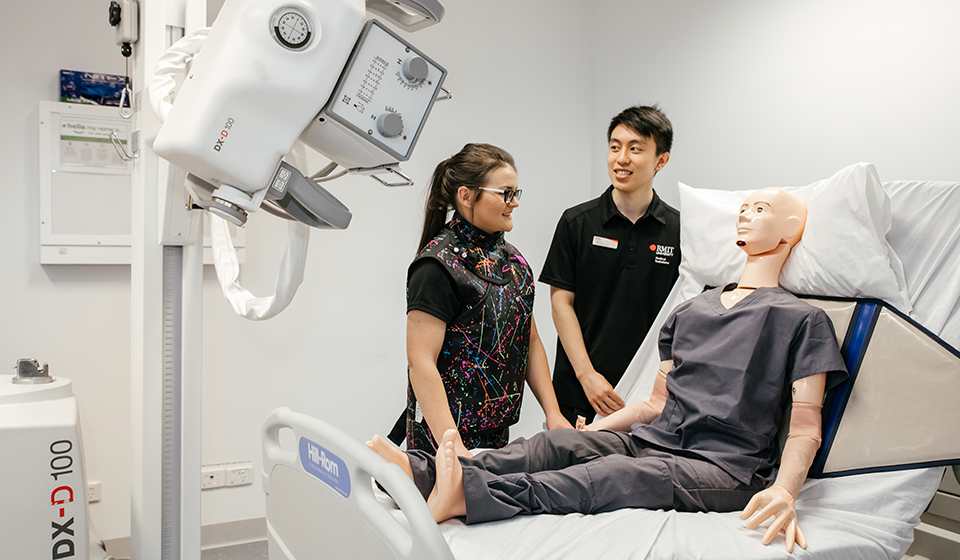Learning and teaching approaches include lectures, tutorials and labs to prepare you for clinical placement, workshops, presentations and group discussion. Clinical practice is a major focus of this degree.
You'll undertake work placement in each year of the degree, spending a total of 51 weeks of the three-and-a-half-year degree in supervised clinical practice, making you work-ready upon graduation.
You'll gain experience in a range of clinical settings including large public teaching hospitals, small private practices, across metropolitan, regional and rural departments.
You'll study in facilities with the latest medical radiations technology and equipment. This includes a virtual 3D radiation treatment program (VERT), with a virtual treatment unit, a linear accelerator (Linac) and patient treatment couch, a state-of-the-art medical imaging laboratory complete with treatment rooms including X-ray units and consoles, and the nuclear medicine hot and cold laboratories, complete with specialised equipment and radiopharmaceuticals.
The Bachelor of Medical Radiation is taught by AHPRA-registered medical radiations practitioners with current research and industry experience.






